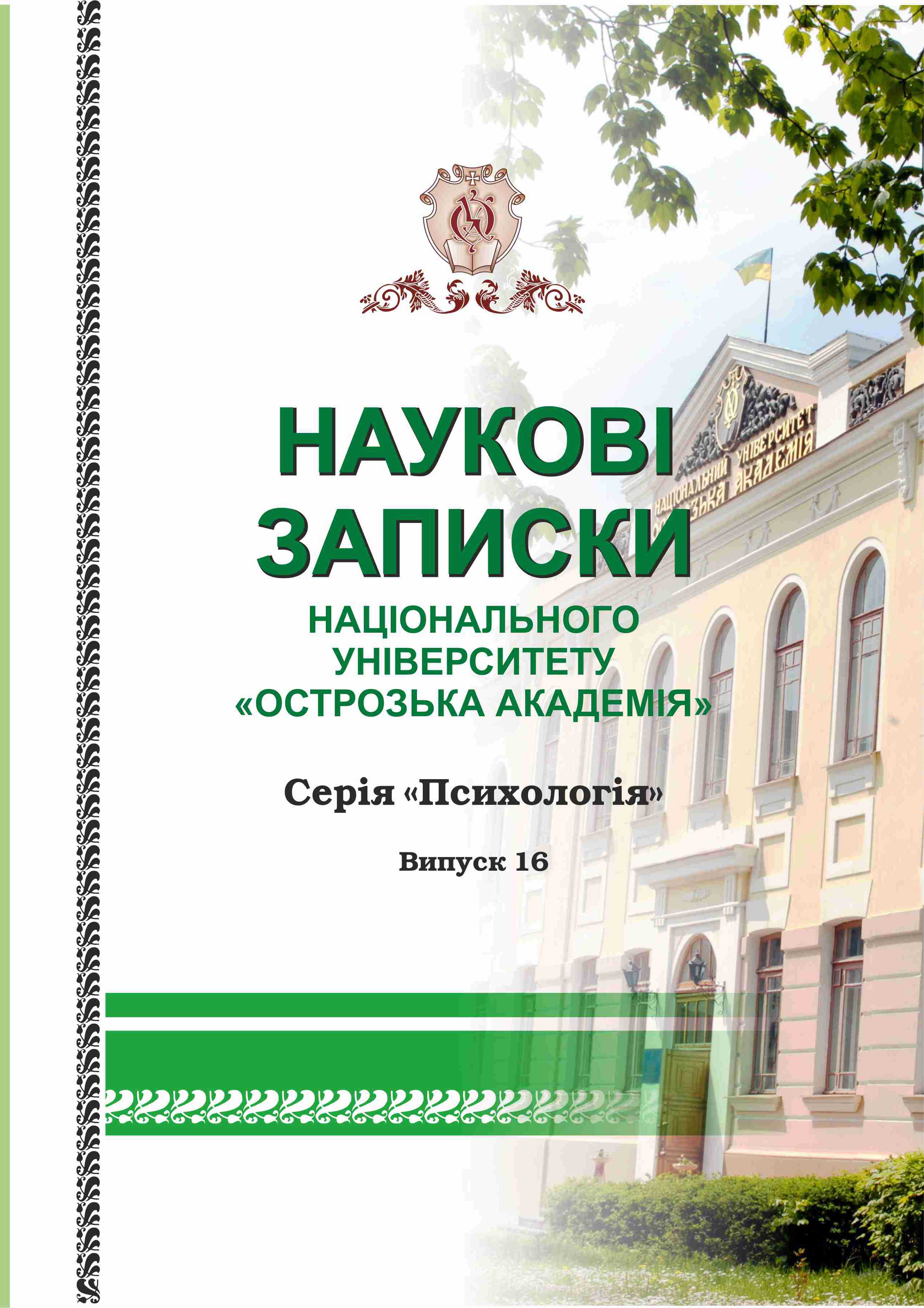COPING STRATEGIES AS A MECHANISM OF SELF-REGULATION IN THE EDUCATIONAL ACTIVITIES OF STUDENTS
Keywords:
self-regulation, coping strategies, emotional intelligence, self-regulated learningAbstract
The article conducts a theoretical study of the concepts of "self-regulation" and "coping strategies", and uses scientific approaches to the definitions of these concepts from Ukrainian and foreign works. The role of emotional intelligence in increasing the effectiveness of coping strategies as self-regulation mechanisms of students during educational activities is highlighted. The results of an empirical study of the peculiarities of personal self-regulation are presented, taking into account the gender differences of the respondents. The peculiarities of the choice of destructive or constructive coping strategies have been revealed. The results of the study on correlations between personal self-regulation in the form of action orientation and state orientation, coping strategies and components of emotional intelligence are presented, which gives grounds for drawing conclusions about the interdependence of these concepts. The summarized results expand the theoretical and empirical basis for the further development of emotional intelligence in order to increase the effectiveness of students' coping strategies in the stressful conditions of educational activities during martial law.


